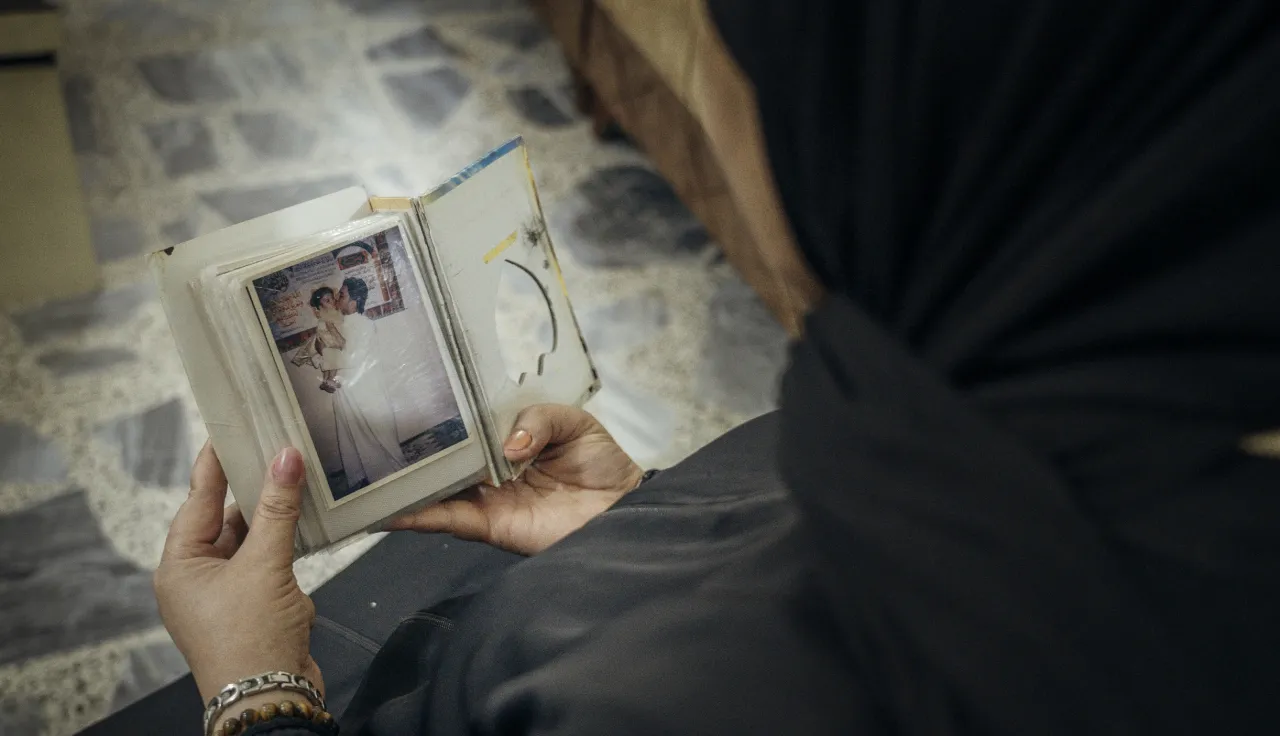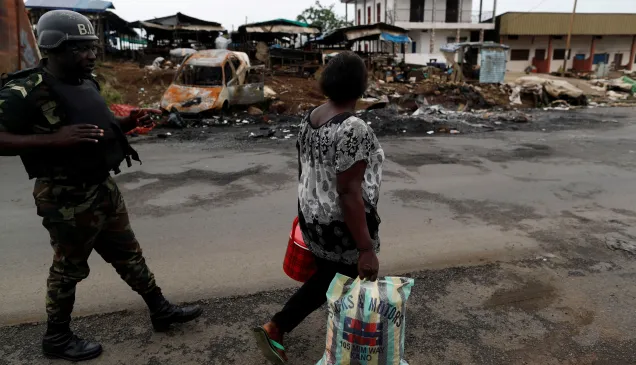Iraq: Accompaniment and Walking Beside Families of the Missing

In Iraq, the consequences of decades of conflict and violence remain deeply embedded in the lives of families — a painful reality that continues to leave parents, sons, daughters, and siblings trapped in frozen state of grief and uncertainty. In addition, large numbers of unidentified human remains are still buried in mass graves or preserved in temporary sites, waiting recovery and identification.
“I had no courage. I used to be afraid and hesitant,” recalls Layla from Anbar, whose son went missing. “But attending the sessions and accompanying the families allowed me to become stronger and braver.”
Her words echo those of Ali from Babil, who struggled with guilt after his brother disappeared. “I no longer blame myself,” he says, describing how peer support helped him shift the weight he carried for years.
For Hala from Anbar, whose husband and brother are missing, the program is about waiting and living with hope: “I don’t tell families to ‘forget’ their missing loved ones, but to find a way to live their life … so that the missing person, upon return, finds life better than before.”
And for Sana from Duhok, the healing comes from sharing the burden together: “I thought if I participate in the program, we [families of the missing] can share what’s in our hearts and be there for each other.”
These voices represent only a number of the families who took part in the Accompaniment program, launched by the ICRC in 2020. The initiative offers families of the missing a safe space to listen, speak, and support one another, while also guiding them through the challenges that come with disappearance — from navigating legal and administrative obstacles to accessing psychological, psychosocial, and economic support.
In collaboration with national institutions such as the Martyrs Foundation and Iraqi Bar Association, the Ministry of Health, the Ministry of Interior, the Ministry of Justice, and others, the program accompanies families through the different hardships.
At its core, “Accompaniment” is about walking alongside families of the missing: offering them a community when isolation feels overwhelming, courage when fear and uncertainty set in, and a voice when silence weighs heavily on their hearts.
The search for answers may take years, even decades. But on this journey, families no longer walk alone.
This is their story, told by their own voices. Watch the mini documentary and walk beside the families of the missing.



